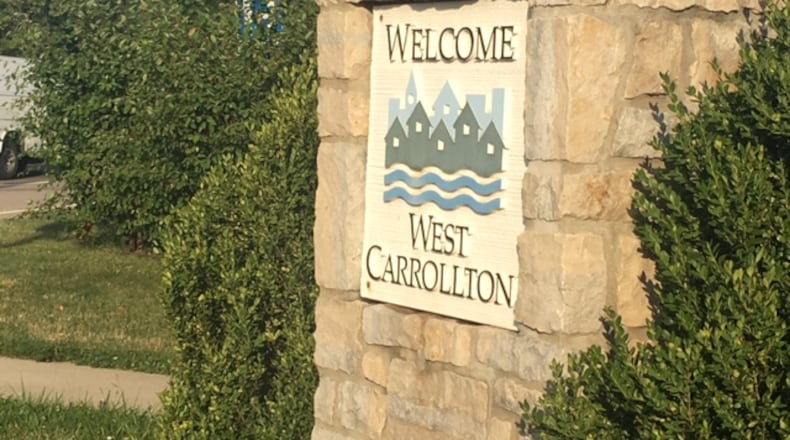The extension, which was unanimously approved at West Carrollton City Council’s most recent meeting, is meant to allow council members to study and review the possible long-term impact on the city, as well as the implications of Ohio House Bill 563, according to Lori Denlinger, the city’s law director/prosecuting attorney.
City council previously passed a resolution to oppose that legislation, which is advancing at the Ohio statehouse after clearing a preliminary committee vote earlier this month. It would dictate how communities can regulate short-term rental properties, Denlinger said, including limiting their number, or regulating how long or frequently they can be rented.
“House Bill 563, as written, would limit our ability to regulate those properties and it would actually prohibit us from banning them outright,” Denlinger told council members.
HB 563 also stipulates that governments in cities, townships and villages may still regulate “to protect public health, safety, and welfare related to fire and building safety, property maintenance, sanitation, traffic control, hazardous waste, or noise; providing the rules are the same as those applicable to traditional long-term rentals.”
“The purpose of that moratorium was to determine whether or not that business model would be a good business model for the city,” Denlinger said, not expressing itself as for or against Airbnbs and other short-term rentals. “While the staff was researching short-term rental properties and whether or not this would be a good fit for the city ... House Bill 563 was introduced.”
If the bill is approved as written, “it’s going to be a problem for cities regulating them as they choose.”
Currently, there are no regulations by the state on short-term rentals.
“Our regulations and our zoning, would just be the current zoning, whatever we have, you know, noise ordinances, property maintenance, that type of thing,” she said.
Bigger cities like Chicago and Columbus, when they’ve looked into and enacted regulations for short-term rentals, have found themselves part of “an ongoing process,” one that has seen regulations evolve “because they’ve had a lot of fight, as you can imagine, with the Airbnbs,” she said. “They don’t want the regulations.”
About the Author

